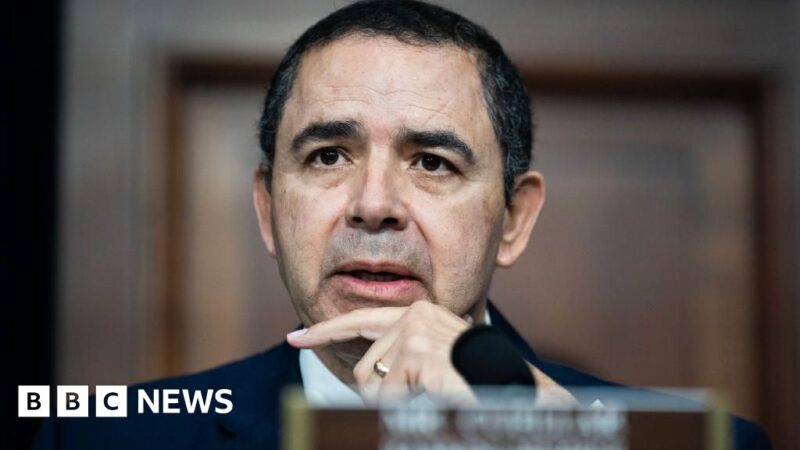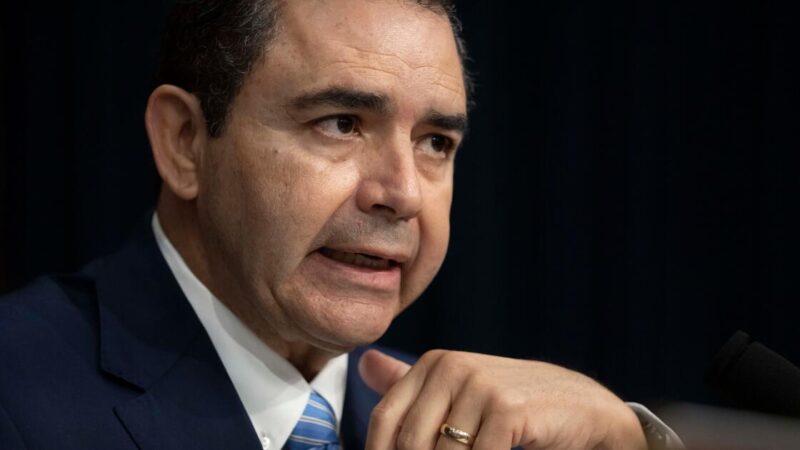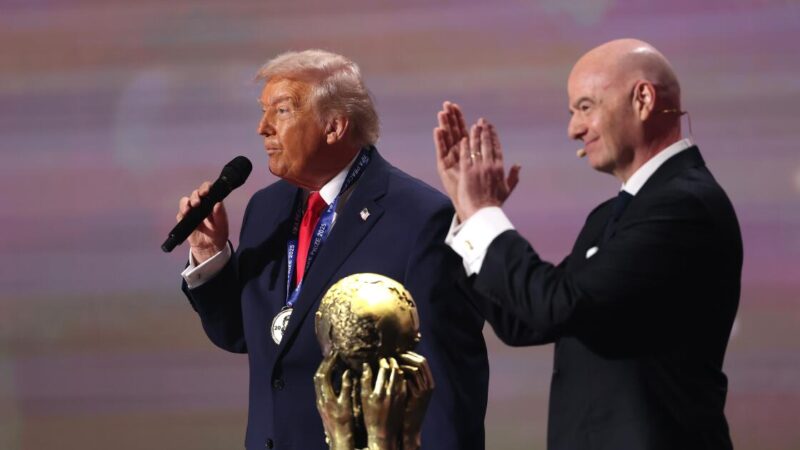Trump scraps tariffs on beef, coffee and tropical fruit in a push to lower grocery store prices
WASHINGTON — President Trump signed an executive order Friday to get rid of tariffs on a broad swath of commodities, including beef, coffee and tropical fruits. It’s part of a response to pressure from consumers who complain prices are too high.
The move comes after voters in off-year elections this month cited economic concerns as their top issue, resulting in big wins for Democrats in races in Virginia and New Jersey.
The president signed the executive order after announcing that the U.S. reached framework agreements with Ecuador, Guatemala, El Salvador and Argentina designed to ease import levies on agricultural products produced in those countries. Trump suggested this week that he’d be lowering tariffs on coffee to help increase its importation.
The Trump administration has insisted that tariffs helped fill government coffers and weren’t a major factor in higher prices at grocery stores. But Democrats were quick to paint Friday’s move as an acknowledgment that Trump’s policies were hurting American pocketbooks.
“President Trump is finally admitting what we always knew: His tariffs are raising prices for the American people,” Virginia Democratic Rep. Don Beyer said in a statement. “After getting drubbed in recent elections because of voters’ fury that Trump has broken his promises to fix inflation, the White House is trying to cast this tariff retreat as a ‘pivot to affordability.’”
Trump slapped tariffs on most countries around the globe in April. He and his administration still say tariffs don’t increase consumer prices, despite economic evidence to the contrary.
Record-high beef prices have been a particular concern, and Trump said he intended to take action to lower them. Trump’s tariffs on Brazil, a major beef exporter, had been a factor.
Trump signed an executive order that also removes tariffs on tea, fruit juice, cocoa, spices, bananas, oranges, tomatoes and certain fertilizers. Some of the products covered aren’t produced in the United States, meaning that tariffs meant to spur domestic production had little effect.
But reducing the tariffs likely still will mean lower prices for U.S. consumers. The Food Industry Assn., which represents retailers, producers and a variety of related industry firms and services, applauded Trump’s move to provide “swift tariff relief,” noting that import U.S. taxes “are an important factor” in a “complex mix” of supply chain issues.
“President Trump’s proclamation to reduce tariffs on a substantial volume of food imports is a critical step ensuring continued adequate supply at prices consumers can afford,” the association said in a statement.
In explaining the tariff reductions, the White House said Friday that some of the original levies Trump relished imposing on nearly every country months ago no longer were necessary given the trade agreements he’d since hammered out with key U.S. trading partners.
Indeed, Friday’s announcement follows the Trump administration’s framework agreements with Ecuador, Guatemala, El Salvador and Argentina meant to increase the ability of U.S. firms to sell industrial and agricultural products in these countries, while also potentially easing tariffs on agricultural products produced there.
During an interview with Laura Ingraham of Fox News that aired this week, Trump hinted lower tariffs might be coming. “Coffee, we’re going to lower some tariffs,” the president said then. “We’re going to have some coffee come in.”





